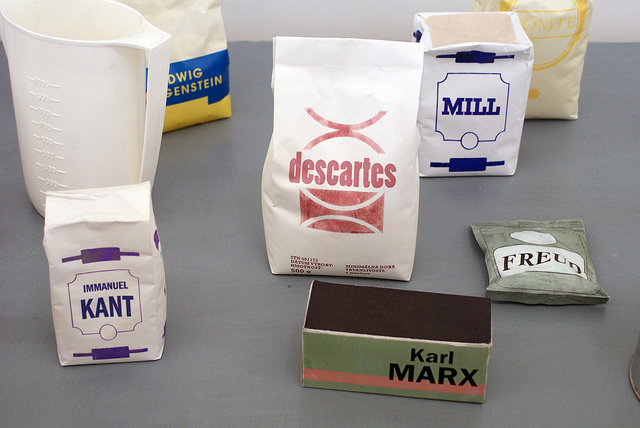I use habitus to examine the constitution of learner identities in neoliberal times with a focus on the nexus of working-class aspirations, symbolic violence and constituting value. In his investigation of the relationship between schooling and systems of thought, Bourdieu argues that the school is a central generative space for habitus, where the student is directly and indirectly imparted with patterns of thinking and being. As a social theorist I have been drawn to empirical work where I see habitus as a method of working with data, rather than applying it to data (Reay, 2004).
Aspiration and social mobility have been explored through a variety of different theoretical frameworks. While each approach contains their own strengths and weaknesses, Bourdieu, I believe, offers social researchers a set of adaptable ‘thinking tools’ which focus on the power of the social while also recognizing the agentic capacity of the individual. Such tools have been used to untangle explanations of class, aspiration, status, and power in pedagogic contexts (Allen, 2013a; Archer and Francis, 2005; Bathmaker, Ingram & Waller, 2013; Hart, 2013; Ingram 2011; Threadgold and Nilan, 2009). Habitus allows social researchers to move beyond narrow conceptions of aspiration (e.g. motivation, expectations, goal-orientation, and choice) as represented in theories like Rational Action Theory to a social analysis which highlights the influence of social context, distinction, and negotiation. Operating unconsciously and consciously, I conceptualize habitus as multifaceted: it is embodiment, agency, a compilation of collective and individual trajectories, fluid/restrained and an intricate interplay between past and present. Incorporating agency, and not fully determined by structure, habitus represents a constant interaction between structure and agency where both reside within the habitus, mutually shaping one another.
My approach to using habitus draws on Skeggs’ theorizations regarding the generative capacity in reference to constituting value and Reay’s attention to its permeability in reference to the social world. It has been argued the dialectical confrontation between habitus and field – other than the field of origin – results in a degree of accommodation, where the habitus accepts the legitimacy of the new field’s structure and is, in turn, structured by it, thus enabling a modified habitus. While I do operationalize habitus in this way, I am cautious with modification where I instead focus heavily on the generative capacity to form a new counter-habitus which, I argue, can operate alongside a modified, or refracted habitus. When operating within a neoliberal field that privileges certain capitals, I argue this habitus has an agentic capacity to generate value especially when it encounters a field which is unfamiliar.
Therefore, in working with the conceptual tool of habitus, I consider that, while the habitus is permeable to the various fields and discourses it encounters, it is also has the capacity to rebuff discourses, drawing on dispositions formed in its origin, in order to constitute itself as valuable to itself and ‘market’/field. In focusing on a working-class counter-habitus to the neoliberal rhetoric of schooling, which I call egalitarianism or an egalitarian habitus (Stahl 2014a, 2015). An egalitarian habitus represents an internal process of reconciling dispositions within discourses of aspiration where, as a counter-habitus, it allows me to understand how my participants to constitute themselves as ‘having value’ in the hegemonic neoliberal discourses of ‘best’ and ‘worst’ which create various identity traps in the precarious production of valuable personhood.









